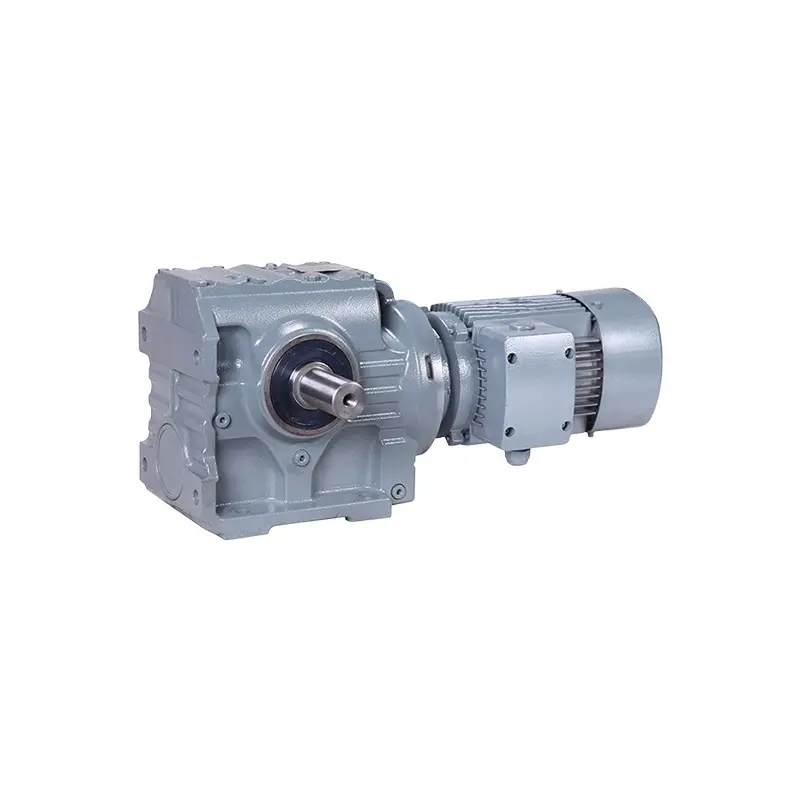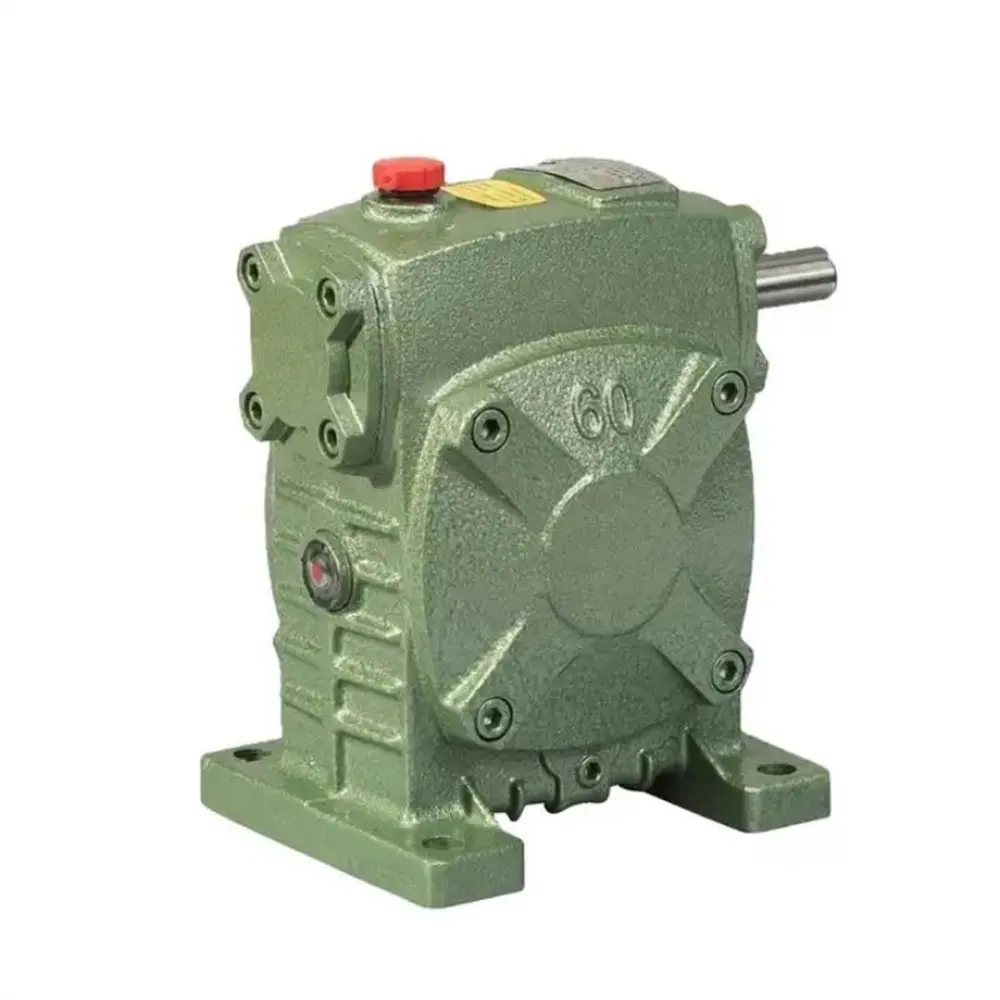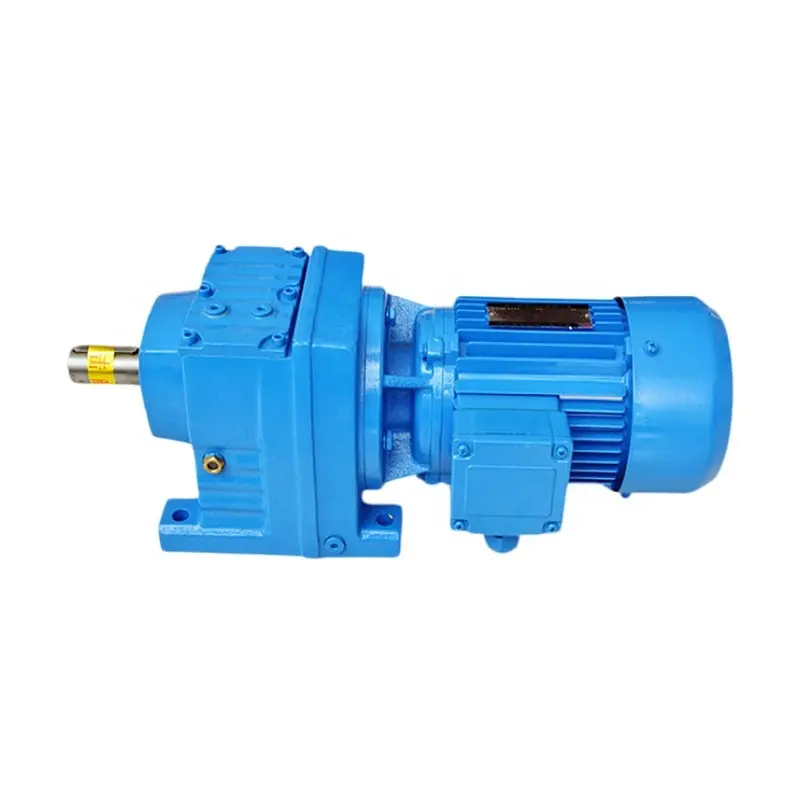use of electric motor
An electric motor is a fundamental device that converts electrical energy into mechanical energy, serving as the backbone of countless modern applications. These versatile machines operate on the principle of electromagnetic induction, utilizing the interaction between magnetic fields and electric current to generate rotational motion. The basic structure comprises a stator (stationary component) and a rotor (rotating component), working in harmony to produce controlled mechanical output. Electric motors come in various types, including DC motors, AC motors, servo motors, and stepper motors, each designed for specific applications. They feature advanced control systems that enable precise speed regulation, torque management, and positioning capabilities. Modern electric motors incorporate sophisticated materials and design elements that enhance efficiency, reduce energy consumption, and minimize maintenance requirements. These motors find applications across diverse sectors, from industrial manufacturing and automotive systems to household appliances and renewable energy installations. Their scalability allows them to power everything from tiny precision instruments to massive industrial machinery. The technology continues to evolve with innovations in materials science, control systems, and energy efficiency, making electric motors increasingly reliable, powerful, and cost-effective solutions for mechanical power needs.


